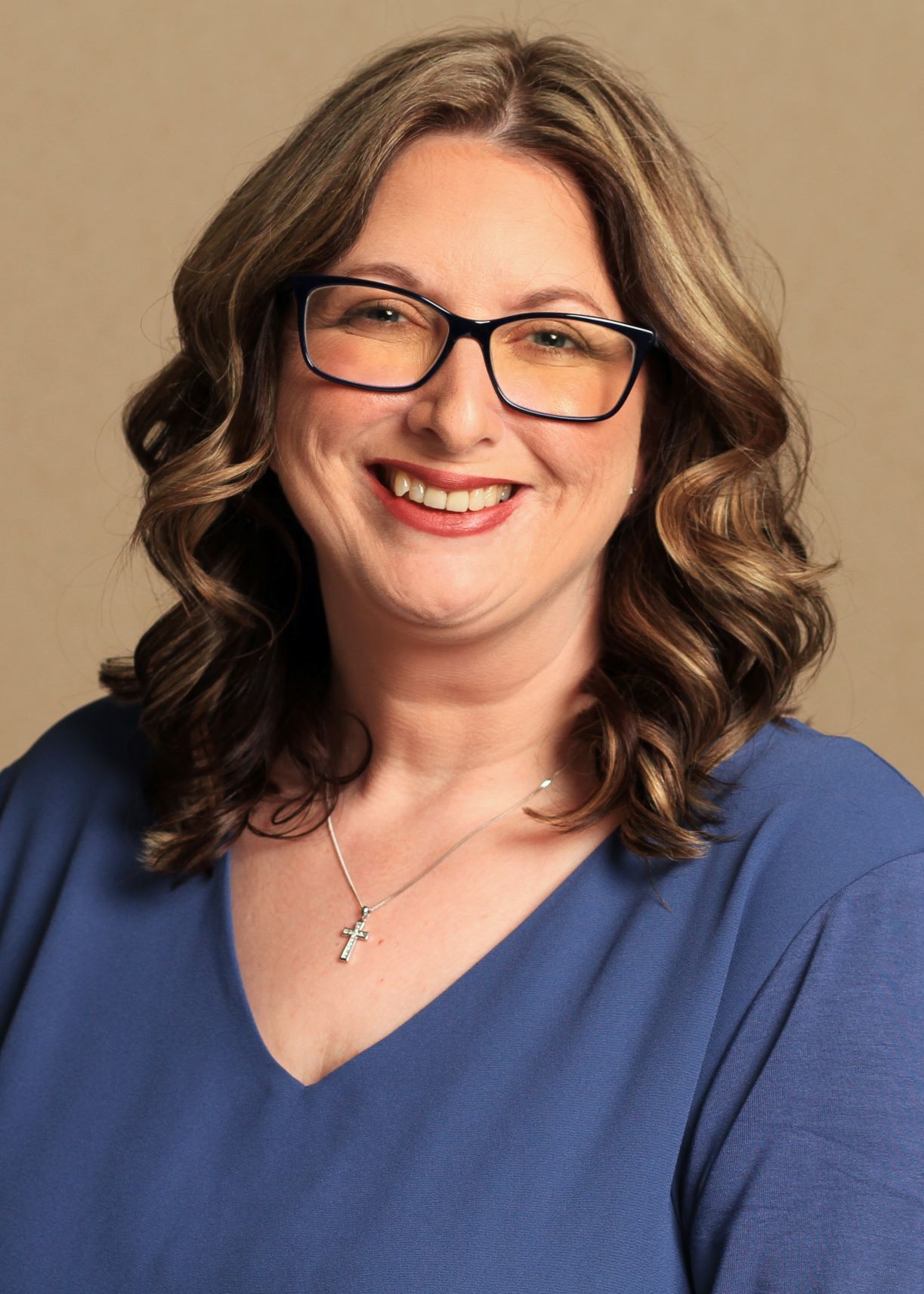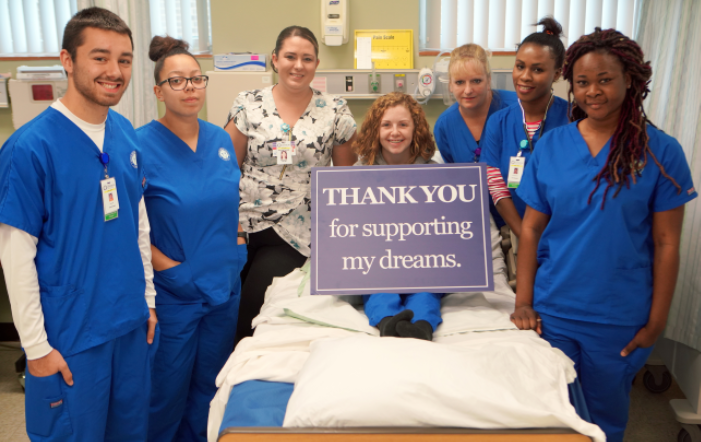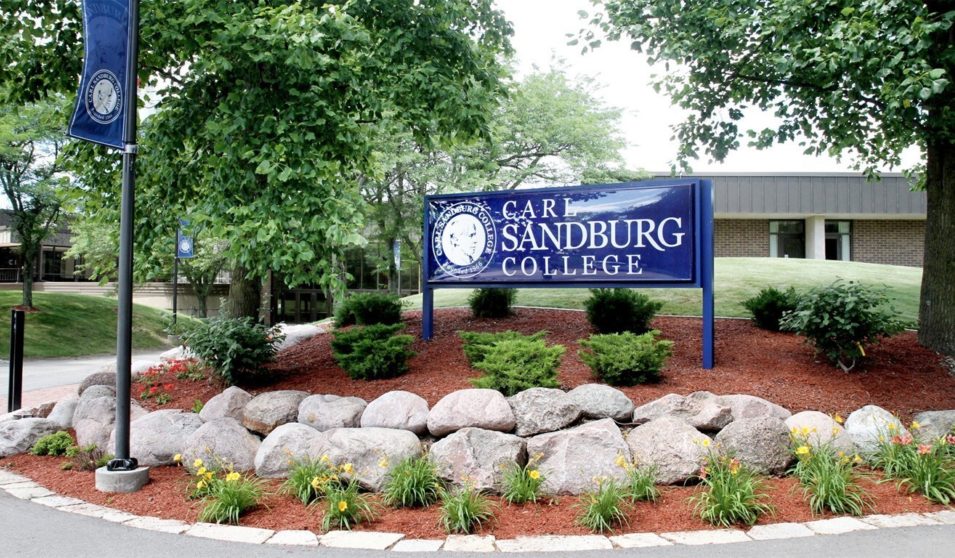Rural schools are often their most impactful when the lines between “classroom” and “community” are blurred. For teachers and students living in a place where personal relationships and social responsibilities transcend the physical walls of the school building, these two spaces are practically interchangeable. Moreover, as a central tenet in place-based education, a growing number of schools are embracing opportunities to lean into this unique advantage and provide students a quality, locally-responsive education.
A crucial component of the rural education ecosystem unmistakably at the forefront of connecting community and classroom, are community colleges. Serving regions where college completion is a historic and ongoing challenge, community colleges are essential for creating affordable pathways for rural students to continue their education, and apply their newfound skills and experience locally. RSC recently had the privilege of talking with representatives from Carl Sandburg College, in Galesburg, Illinois, to learn more about the transformative impact they have on rural people and places alike.
A Promise for Students and the Community
Founded in 1965 through a referendum vote to serve students in west central Illinois, Carl Sandburg College strives to “provide all students with opportunities for success.” Emily Webel, the Executive Director of Advancement for the Carl Sandburg College Foundation and Alumni Relations, shares that Carl Sandburg’s “identity has changed throughout the years with programs coming in and out, but we’re always trying to build spaces that are relevant to community needs.”
The communities of the west central region of Illinois, like many other rural communities, have seen their fair share of destabilization from the Farm Crisis, major industrial employers leaving, the Great Recession, and the persistent drain of human and financial capital. Through it all, Carl Sandburg’s continued emphasis on responsive service to the community, Webel says, allowed the college to “weather a lot of storms and help the community. Our community members often comment on how Galesburg and surrounding communities could have folded, but they didn’t, and our educational institutions were central to what helped us.”
A local resident herself, Webel is no stranger to the struggles the area has faced, but firmly believes in the power community service, such as education, has to address many of those concerns. “My husband and I are certified teachers, but not currently in the field,” she explains, “but we truly believe in the power of our education degrees.” After teaching for five years, Webel carried her passion for community work into a position with the Clinton Foundation’s Health Matters Commission in 2016, and then to the Regional Office of Education in Peoria County before being offered a position at the Carl Sandburg College Foundation in 2019. Through all her pursuits, Webel affirms that connecting people with opportunities in their community and advocating for the potential of towns in her area motivated her. Now at Carl Sandburg, Webel feels she can reengage with her education roots while leaning into the community “facilitator” and “connector” roles she loves. “The college is in the community and we are trying to respond to the community…Community college is a gateway for a lot of our students; it’s a good first step,” Webel says.
Holding true to its foundational pillars of excellence, collaboration, integrity, and respect, Carl Sandburg College offers a robust array of professional programs geared toward filling its district’s most in-demand careers. “In our specific community, and on our specific campus,” Webel details, “the health profession is a huge part of who we are, and that’s our biggest industry in town, so we’re able to deliver quality instruction to build a strong workforce.” In addition to their nursing and healthcare programs, the college offers over 50 academic and vocational programs, including agriculture, information technology, manufacturing, and education. Webel excitedly shares that the college also boasts dental hygiene and mortuary science degree programs, two offerings not found at other community colleges in the region.
Beyond the college’s substantial offerings, Carl Sandburg also sports an assortment of incredible financial assistance packages, such as their Promise Programs which grants local students complete tuition reduction. “I believe community college has an opportunity to improve the quality of life in a town,” Webel asserts, “We do that through scholarship opportunities like the Galesburg and Sampson Promises.” The Galesburg Promise was launched in 2015 with the passage of a hotel and motel tax to fund the program. She explains that the program “promises the opportunity for children raised in Galesburg to attend two years at Carl Sandburg College for free, and it pro-rates up from when you start attending school here. There are no financial requirements, no performance requirements, and it’s not based on need.” Through a generous endowed gift given to the college, Carl Sandburg was able to expand this promise opportunity to all students in neighboring Warren County with the creation of the Sampson Promise in 2019.
Along with the college’s other financial programs, like the Gale Scholars, the Discover Program, and a number of career-focused endowments and scholarships, the Promise Programs are building crucial pathways for rural students to access higher education. Webel says, “It’s an opportunity for students to explore furthering their education without crushing student debt—that’s another way a rural school and community wraps their arms around each other!”
Early Exposure: Keeping A Promise
In alleviating the financial fears of students striving for a meaningful career, Carl Sandburg College allows local students to explore their professional interests. Esther Gibb, a Junior at Galesburg High School, is currently enrolled in a free dual-credit program offered by the college through the local regional office of education. Through this program, she’s able to learn more about becoming a teacher without taking on student debt:
“I feel like it’s so much more beneficial as a high schooler to get this experience and figure out what you want to do…Walking into high school, I thought I would do something in agriculture, like being a veterinarian technician or assistant, but then I took a biology class and realized that was not the path for me. I have four younger brothers and a bunch of younger cousins, so being with and talking to younger children has always been easy for me. When the teacher asked what I was interested in, I put down ‘teaching’ without thinking about it. The school then told me I could do this dual credit with Carl Sandburg College for free, and I realized this is something I really want to do.”
Through this program, Gibb has been able to study education and even begin student teaching all before she graduates and enters a teacher preparation program. Recently, she explains, “We started to get more hands on. I just started an observation over at Steele Elementary School. It’s all so different when you’re in a real classroom.” With this experience in hand, she is “hoping to narrow down what age group I want to teach. I’m also hoping to go into a four-year college afterwards.”
Gibb has found her experience affirming her desire to be a teacher, and is thankful that she had this unique opportunity from Carl Sandburg in which to do it: “It makes sure that everybody can come; it allows everybody to get into the classroom.”
By developing dual credit options like this, Carl Sandburg College forms an equitable teacher preparation pipeline for Gibb and other future teachers wherein students have early access to basic education curriculum and classroom experience, graduate high school well positioned to launch into a licensure program, and leave college ready and excited to enter the field. Moreover, being a rural college, Carl Sandburg can root this entire process within a rural context. Taking classes while still in a regional rural school, students learn the intricacies of the education profession and gain firsthand experience in other rural schools. When they graduate and enter a licensure program, these students are already steeped in the realities and advantages of rural education. They can then guide their licensure practice back toward rural schools and forge a career there equipped with the knowledge, compassion, and motivation required to flourish in that role.
The promise such a potential pathway holds for students walking along it is not beyond Gibb’s awareness. She has long harbored a deep passion for community service, and believes that giving back to one’s place is essential for everyone to move forward together: “If we’re not giving back some of our resources, wisdom, or knowledge, how are we supposed to grow...I really want to make an impact here. That’s something I’ve always wanted to do, leave a mark, and I think teaching is the best way to do that.”
Giving Back: Passing the Promise on to Others
A local, grow-your-own-type pipeline like this could bolster the growing efforts to train rural teachers nationally, ensuring future rural educators have a clear and affordable route into the classroom. Importantly, Carl Sandburg College has already proven not just the power but also the viability of such a pathway for rural students. For decades, Carl Sandburg has been renowned locally for its nursing instruction, and droves of area students enter the college and graduate to return to the hospitals and clinics serving their hometowns. Some are motivated by their time at the college to return as instructors themselves, even pledging to further support new students of their alma mater by establishing scholarship funds.

Stacy Bainter and Christina Stone were both born and raised in the area around Carl Sandburg, and both came to the college to pursue a nursing degree that would allow them to stay and work locally. After leading strong careers in the nursing field, both found their way back to Carl Sandburg as instructors. Thinking about her decision to return to the college, Stone explains that “growing up, when somebody asked what I wanted to do with myself, it was always a teacher or a nurse. So, I saw the opportunity was here to help future nurses and others. I’m still a nurse, but I’m doing it in a different capacity.”
With an unshakeable belief in providing the best instruction for their students, Stone and Bainter help craft the nursing curriculum at Carl Sandburg to reflect the real needs and challenges in the communities these nurses will serve. In order to do this, Bainter shares, acts of community service and volunteering are encouraged among students: “We encourage them to do a community project. For a couple of years, we would collect non-perishable food and donate to FISH. Another year, students signed up to help at a community dinner by passing out food and cleaning dishes. They’ve also, for fundraising, been baggers at [a local grocery store] to collect donations.”
When asked why incorporate these elements into the nursing program, Bainter says, “We do it because we’re a community college, and we want to get them out into the community. You’d think we’d stick to more medical practices, but, as a nurse, we have to learn what’s available in the community for our patients. We’ve got to know what services we have that we can direct patients to. If we don’t get out there and do community projects, you’re not going to get that well-rounded education as a nurse.”
The emphasis they place on community involvement does not stop with student experiences however. Hoping to give back to the people and place that has given them so much, Bainter and Stone both established private scholarship funds through the Carl Sandburg Foundation to support nursing students.
Bainter and Stone are deeply committed to their work, and regard the college as both a source of education and of community. “Carl Sandburg College has that family atmosphere,” Bainter confirms, “The instructors care about their students. When a student doesn’t make it, it affects us! I go, ‘what else can I have done for them.’ We’re here to provide them with opportunities for success.”
“I think that the instructors here are students’ biggest cheerleaders,” Stone concludes, “We want to see them succeed. We want to see them accomplish whatever dreams they have. It goes back to our sense of community here.”
A Promise Fulfilled
As a key institution within the rural education ecosystem, community colleges play a major role in providing affordable and locally-relevant access to higher education for rural students. These institutions, like Carl Sandburg College, fully lean into this role as a critical gateway for students by offering invaluable opportunities to gain community-based skills and experience with substantial financial support. In this way, Carl Sandburg College constructs pathways through which students can earn a degree and find employment in the places they call home.
This hopeful vision for a renewed and empowered rural landscape is shared by Emily Webel. In her role with the Carl Sandburg College Foundation, Webel remains determined to ensure the college meets community and student needs alike. “My vision for this community college is to continue to be relevant and responsive in the communities in which we serve,” Webel affirms, “For the Foundation, I would love to continue to change and meet students' needs as efficiently and effectively as we can.”
Recognizing that there will always be more to do to achieve that dream, Webel hopes to continue working with local partners for “the sustainability of our rural community. We see the data that our population is aging and decreasing, and if we as a community college can show that what we do is important, maybe we can make a dent in that messaging—that we can be a light that allows people to want to stay here and sustain the community.”


